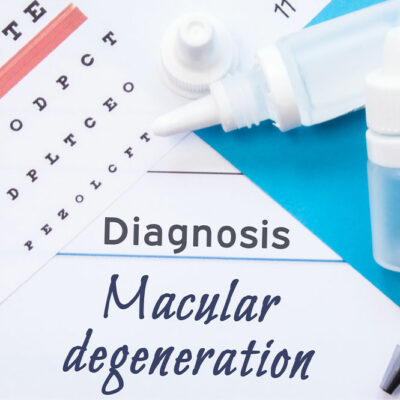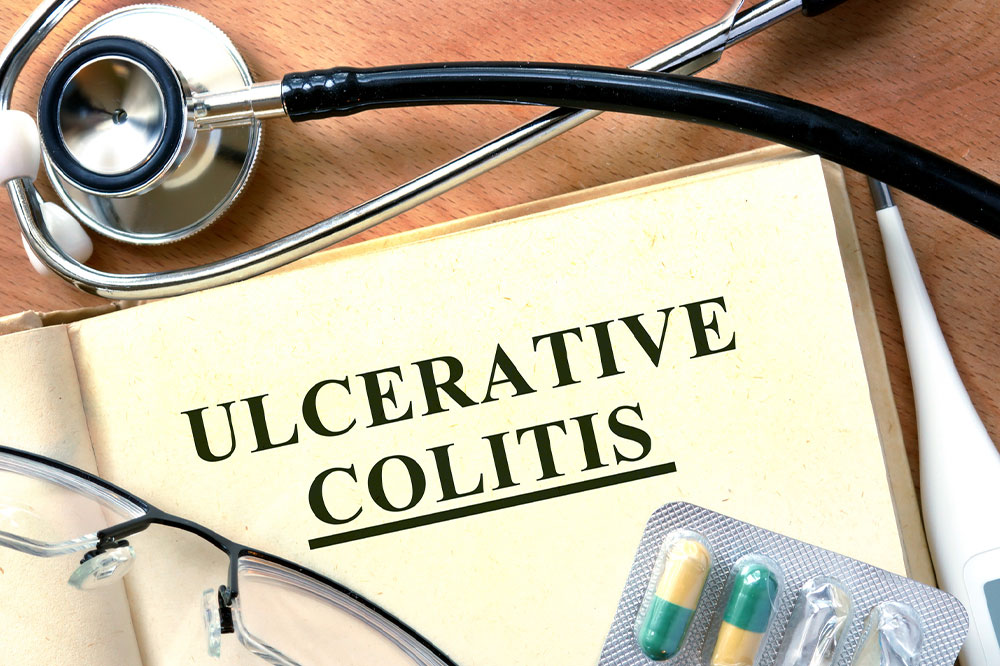Key things to know about personal injury claims

Financial compensation for damage to one’s belongings and property is fairly common. But personal injuries are just as important and also need compensation. When a person is injured for no fault of theirs, they can claim reimbursements through personal injury protection (PIP). Physical, mental, and emotional injuries can be claimed under PIP. It is an insurance policy offering financial reimbursement for such injuries. Here’s everything one needs to know about personal injury claims:
What does personal injury protection cover?
Treatment expenses after a car accident
If a person is injured in a car accident, the PIP pays for treatment costs. The claim applies to affected drivers, pedestrians, and passengers. Also, the injured ones are compensated without the need to prove themselves innocent.
Loss of income
Those who have suffered loss of income due to external factors, such as an economic crisis or the business closing down, can claim financial compensation under PIP. In these cases, they receive compensation equivalent to their earlier income.
Replacement services in case of accidents
An accident may incapacitate a person, due to which they may not be able to fulfill certain personal responsibilities. Those covered by PIP can claim financial compensation for these activities, including child care and home cleaning.
Funeral expenses
PIP covers funeral costs in the event of a person’s death due to an accident.
Survivor benefits
The dependents of a deceased person are financially compensated as “survivors” if a person dies in an accident.
Things to know about personal injury claims
Hire an experienced lawyer
A qualified and experienced lawyer can help victims of personal injury claim a fair amount, which they may need to recover from the injury. Without a good lawyer, insurance companies may coax claimants into settling for less than they require. So, check a lawyer’s credentials before hiring them.
Know exactly what to get coverage for
When one is involved in an accident or injury, there are many expenditures over and above the treatment costs. While recovering, one may not be able to contribute to family needs, such as caring for one’s child, cleaning the home, mowing the lawn, etc. PIP allows coverage for all such expenses.
Check whether the lawyer has a strong team
A lawyer’s effectiveness is not solely based on their experience and qualifications. But it is also based on the competence of their team. So, one needs to ensure that the lawyer has a strong team to guide clients with their cases. The paralegals and assistant lawyers play important roles in personal injury claims.
Be prepared for a trial
In many cases, those issuing personal injury claims may not require trials. But whether one will have a trial or not depends largely on the case and the type of claims. Insurance companies may often agree to settle the matter out of court and provide the asked compensation. But sometimes, one may have to approach the court to get all related expenses reimbursed. It is best to be mentally prepared for a trial in any case.
Timely evidence helps
Even though claimants need not prove themselves in case of personal injuries, evidence is required for insurance companies to understand the case and provide the necessary compensation. One should make sure to gather all the available evidence of the accident with the help of an attorney.
Ask questions to the lawyer
A PIP claim is a fairly new idea for many, and questions regarding the concept are natural. A person applying for a personal injury claim should ask the lawyer questions promptly. Asking the lawyer questions also helps understand their reasoning abilities and willingness to help.
Know what PIP does not cover
PIP does not cover certain expenses associated with accidents. For example, if a person meets with a car accident while driving for work reasons, PIP does not compensate for any injuries sustained. It also does not cover damage to someone else’s property and damage to one’s vehicle. One should understand what is not covered by PIP and avoid claiming compensation for these losses.
Know about state-wise PIP requirements and availability
PIP is mandatory in 15 states of the country and is optional in others. Out of these 15 states, 12 are governed by no-fault insurance laws for PIP. Here, one needs to make smaller injury claims on their own PIP insurance plans. The other three states mandate PIP but are not governed by no-fault insurance laws. PIP is optional in four other states and not available in the rest. One should find out about PIP requirements in one’s state while making a personal injury claim.
Understand what to do if the physical damage cost exceeds the maximum coverage amount
If the physical damage cost exceeds the maximum coverage amount, the claimant can directly sue the driver who has caused the accident.
Submit the claim within a specific time period
PIP is governed by a statute of limitations. This refers to the time one has before bringing up the case. In most personal injury cases, the claimant has time for up to two years after the accident. Claims submitted after this period are not considered.
Make a list of witnesses
The more the witnesses are, the stronger one’s case is. So, it is a good idea to make a list of witnesses, along with their contact details if possible.
















